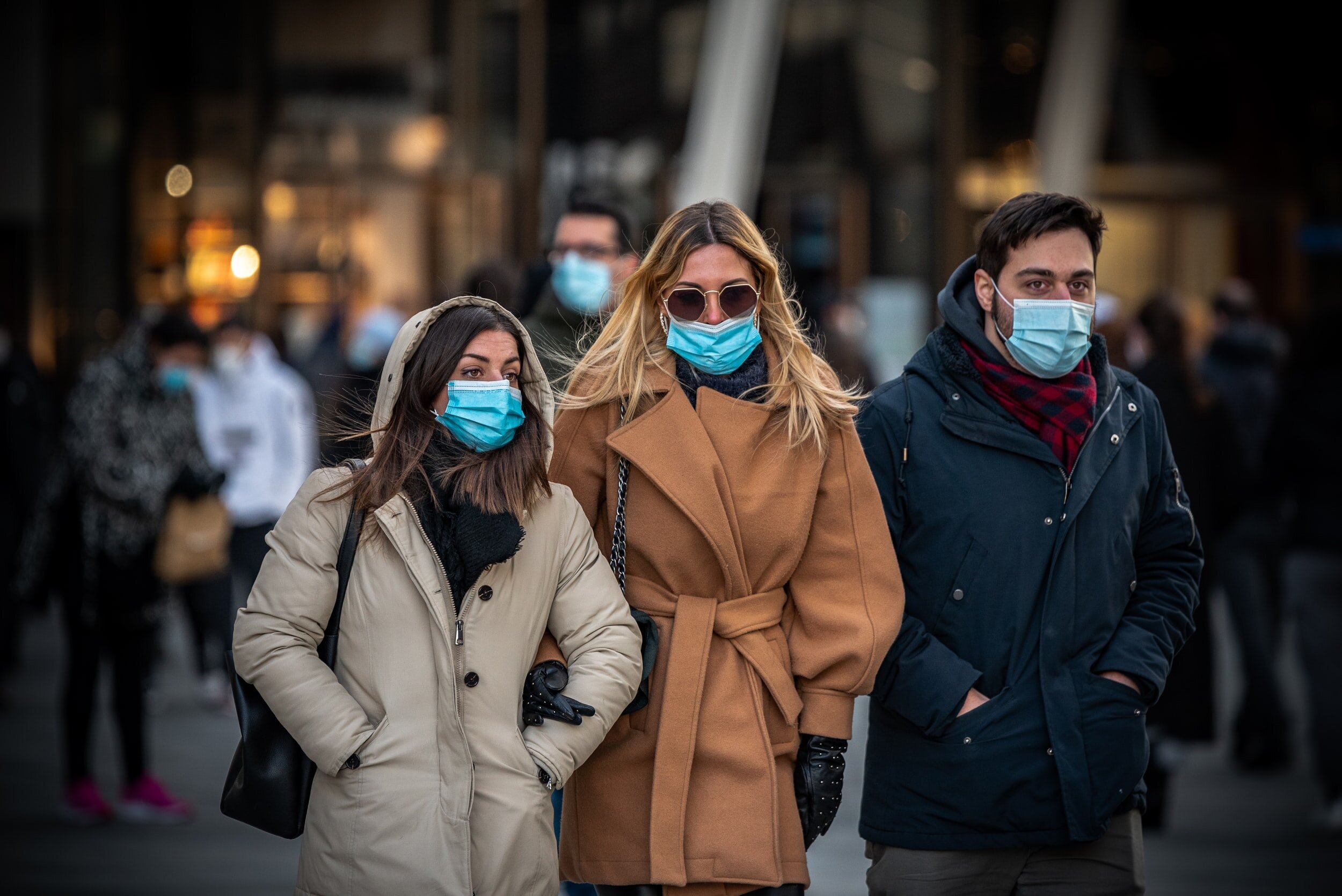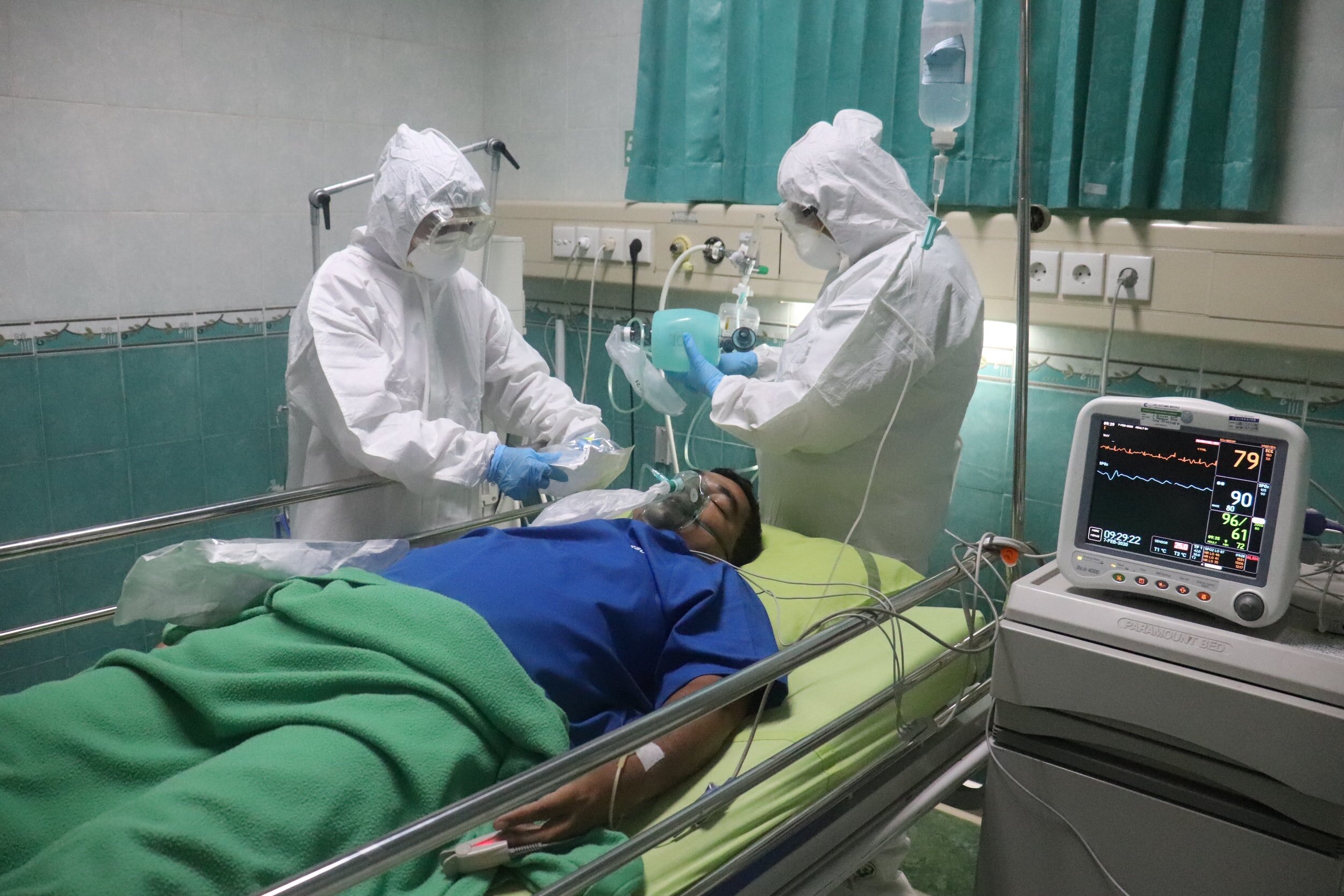The Delta Variant: Why Is This Variant Such Big News? - Part 1
In recent months, the Delta variant has become the most prominent COVID-19 variant globally. Having first surfaced in India in October 2020, the variant quickly spread world-wide. Although many countries were experiencing a reprieve from COVID-19, the Delta variant caused renewed outbreaks worldwide. As a result of the Delta variant, many organizations and countries have had to revisit their COVID-19 policies. In this first part, we will discuss the Delta variant and what makes it unique. In the second part we will examine how the Delta variant is reshaping the pandemic and how that will impact your organization.
Why is Delta So Concerning?
Delta is one of many COVID-19 variants to have surfaced so far, however it became a “variant of interest'' in April 2021, and then a “variant of concern” just a month later. In order to be labelled a “variant of concern”, a new COVID-19 variant must meet at least one of the following:
Increase in transmissibility or detrimental change in COVID-19 epidemiology; OR
Increase in virulence or change in clinical disease presentation; OR
Decrease in effectiveness of public health and social measures or available diagnostics, vaccines, therapeutics.
The Delta variant, unfortunately, meets all three criteria:
Delta is almost twice as transmissible as the original strain
Although results are not yet replicated, a study showed the Delta variant was about twice as likely as Alpha to result in hospitalization in unvaccinated individuals, meaning that it may be more virulent. It also seems that the previously common symptoms of coughing and loss of smell are less common with Delta, whereas headache, sore throat, runny nose, and fever are present, indicating that the clinical presentation has changed.
Evidence currently shows the effectiveness of two doses of the Pfizer vaccine against illness due to Delta infection is about 88%, whereas it was 97% effective in preventing symptomatic disease prior to Delta’s prevalence.
Although much more deadly, the Delta variant is as contagious as chicken pox. And due to it’s highly transmissible nature, experts believe that Delta will accelerate the pandemic. This has already been shown, as researchers are reporting that people with the Delta variant may infect 5 or 6 other people, whereas the original strain showed transmission numbers of 2 to 3. Additionally, Delta is first detectable approximately 4 days after exposure, whereas the original strain showed an average of 6 days, and individuals with Delta were much more infectious by the time their infections were detectable. A study in China showed that people infected with the Delta variant carried 1,000 times more virus in their nose compared to the original strain, which may be linked to the transmissibility of Delta.
New Zealand, a country that enjoyed months of freedom relative to the rest of the world, has recently re-entered lockdown due to the Delta variant. Their government warned their citizens Delta can cause people to develop more serious COVID-19 illness than other variants of the virus, and poses higher risk of hospitalisation. They also raised concerns that individuals infected with Delta may remain infectious for a longer time than other variants.
Delta and the COVID-19 Vaccine
As over a third of the world’s population has received a COVID-19 vaccine, many are wondering about the impact of Delta on vaccinated individuals. The fact that this variant can breakthrough the vaccine’s protection, especially as efficacy dips over time, will likely result in a large increase in cases across countries about 6 months after their vaccination rollout, as has already been seen in Israel. This is especially true for individuals who have only received one dose.
The reason that the Delta variant is causing breakthrough cases seems to be related to its ability to reproduce so quickly and efficiently, meaning that it can sometimes reach detectable and infectious levels before the vaccine’s response kicks in. Because of this, vaccinated individuals can also transmit the Delta variant even if they are asymptomatic. Delta also seems to be affecting younger groups more than previous variants.
However, areas with low vaccination rates are seeing the highest spread and the most severe outcomes, as well as are more likely to experience hospitalization. Even though vaccinated individuals are still carrying Delta and becoming symptomatic, the vaccines continue to be very effective at preventing severe illness and hospitalization, which is arguably the most important result. This means that although individuals who are vaccinated may become ill, receiving the COVID-19 vaccine is still an effective method of mitigating the impact of Delta.
Although we have all become “old hands” at handing COVID-19, the Delta variant has challenged some of our thinking, and as a result has caused many of us to pivot our efforts or double down on our protective measures. In our next post we will discuss more about how the Delta variant is changing the face of the pandemic, and specifically how workplaces are going to be impacted.


